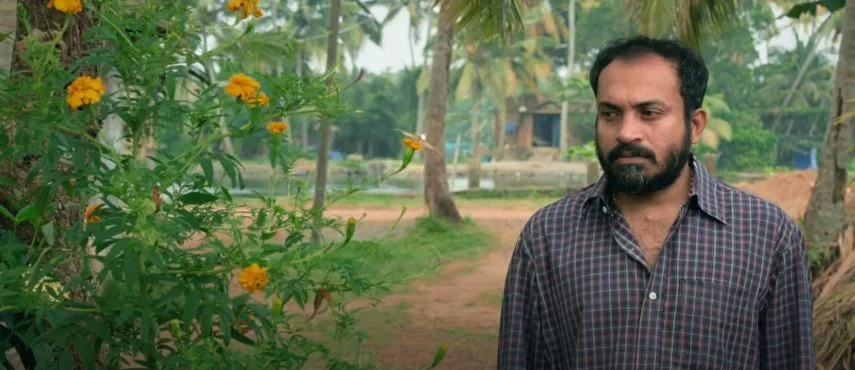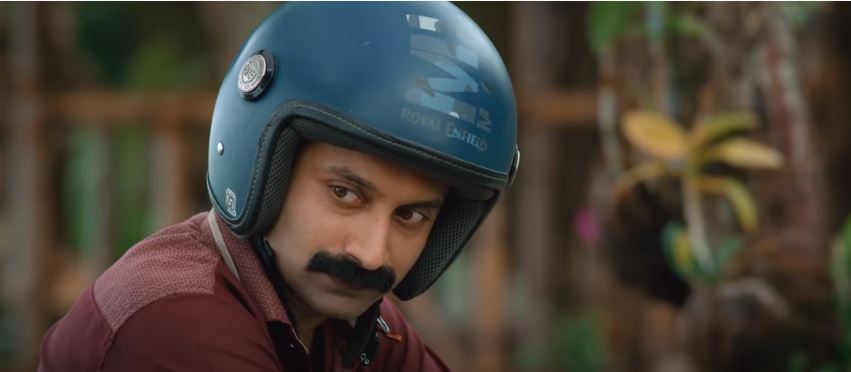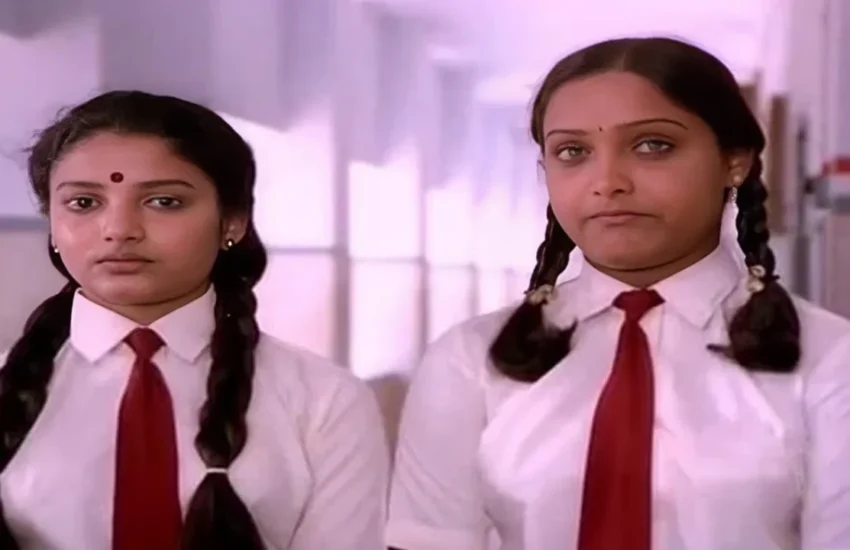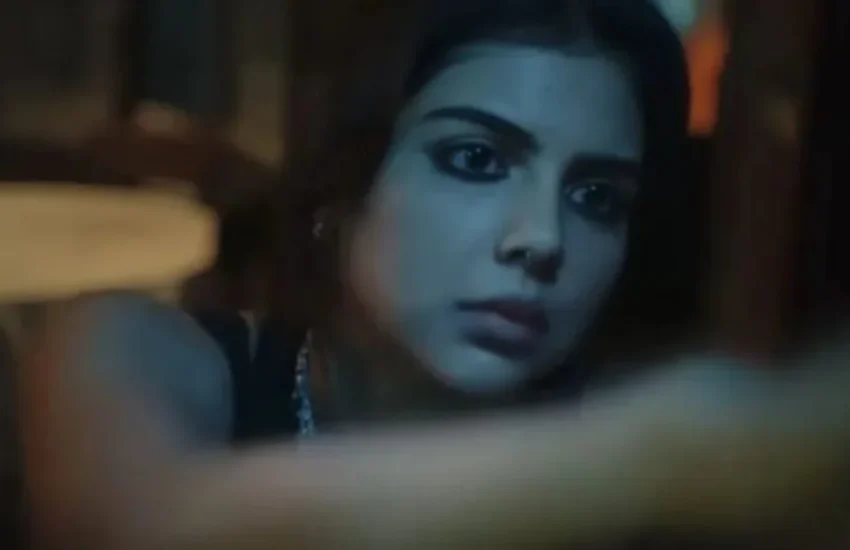Breaking the masculine stereotypes – Kumbalangi Nights
Madhu C Narayanan’s Kumbalangi Night feels like a breath of fresh air every time I watch it. It’s not just the visually stunning frames or the mind-blowing performances by the lead actors that make Kumbalangi Nights a film that is one of a kind, but something more that can only be experienced.
The way every character is written in Kumbalangi Nights is simply brilliant. Their personalities are well-defined. May it be the eerie psycho Shammy or the aimless Bobby (he changes) the characters have fixed frames. Even women have a structural definition. Though highly devoted to her husband, Simy is not ok with her husband being abusive to her sister. Baby (Anna Ben) on the other hand will go any extreme for her love but she is clearly not being delusional.
Taking the men, in particular, it is interesting to see how each man breaks the conventional masculinity which is quite common in movies. Oh yes, not including Shammi here! He is the flag bearer of toxic masculinity. His character is defined in a way to lampoon the toxic masculinity that exists in every household in our society. All the other men in the movie are sensitive and struggling with their own set of emotions.
While addressing sensitive issues like toxic masculinity, movies generally tend to foray it on a larger canvas, with the issue being the center of discussion, the heart of the film. But Kumbalangi Nights breaks this convention, by just character development. And that is one of several things that makes it a gem of a film.
Shammi lives in a household that has only women, his wife Simi, her sister Baby, and their mother.
Saji on the other side lives in a household with only men, his brothers. Their home is a mess. A lack of feminine discipline is palpable.
Shammi feels like an authoritarian in his ‘women-only’ household. The opening scene itself is a testament to it. He clears off a bindi stuck on the mirror and says to himself, ‘Raymond, the complete man!’
He wants to be the sole decision-maker of the house, he wants everyone to be happy with his decision, like in a typical household. And ironically goes on to claim that, ‘Our family believes in giving girls a little bit of freedom’.
It is these tiny character details that bring out the toxicity in Shammi.

Upon his companion’s death, Saji is summoned to the police station. Dileesh Pothen’s cop character slaps him and lets him leave with a warning. The expression on Saji’s face is not that of guilt or gratitude for letting him go. He is just stuck, still struggling to cope with the tragedy that just occurred. He is unable to vent out. He reaches out to Frankie for help.
Saji is a sensitive guy. We see him get better, more mature after seeking medical help. We see a feminine notion of Saji after that. He cooks and takes care of the house.
If Shammi was the patriarch, Saji was the matriarch in Kumbalangi Nights.
Boney does not have a lot to express, he is just sick of his messed up, dysfunctional house. But he is there for them when things begin to clear up.
Frankie is just looking for a proper home, where there is love and care, a home he would love to come back to during his vacation. And he finally gets one.
The aimless Boney starts feeling his existence after he falls in love with Baby. She instills in him a sense of purpose and assurance.
It is not in the larger picture or narrative that toxic masculinity in the movies is addressed but in a smaller picture like these.
Image Courtesy – YouTube

I can’t stop talking about films, so I blog!
I started The FourthWall, my film blog, to share my thoughts on films and shows with fellow movie buffs, and over the years it has become my happy place. Come join in for some interesting conversations on cinema… and sometimes books and fashion!









Kumbalangi nights is one of the best films that ever came out in the Malayalam industry and I feel like your review is a huge disappointment. Here are some reasons for it:
1. You only talk about “ToXIc MaSCulinITy”. Just because Shammi is a psycho doesn’t mean this movie is about toxic masculinity. How many men do you know who tie up their sister in laws, beat the crap out of dudes who come into their house and shout out their insecure feelings? Sure, the men in this movie have a hard time living their life. That doesn’t mean you can throw in some buzzwords like these for your reviews.
2. You don’t even mention the film score or the amazing music direction? Did you watch the movie on mute?
3. You miss the entire idea the director wanted to show – it was about a family/brotherhood coming together/formation. Instead you talk about only toxic masculinity – see point 1.
I read some of your articles and it feels like you just write about what society wants to hear rather than what you have in mind. For example, you say Drishyam 2 is a good movie. On what account? Because everyone says so? If you actually think this is a good movie just because there is twist in the climax – you should start watching better movies(see end of this comment) If this is how you think, then you are no different from other normal reviewers who probably even haven’t heard about Krzysztof Kieślowski.
I suggest you sign up on letterboxd and start watching the top 250 movies. Also see the reviews for Drishyam 2 on letterboxd. Good luck with this website.
Hi Sir,
1. The focus for this particular post is how the makers use the characters to break the conventional portrayal of men in cinema, which is mostly toxic. Toxic men are not only men like Shammi, who lock up their wives and sisters-in-law! You got too specific and misunderstood the objective here friend.
2.As I mentioned, I have not mentioned the music not because I watched it on mute, but because that’s a whole different topic that would need a separate post. Since this post was more about the characters, I refrained from mentioning the music and other filmmaking aspects.
3. I have made a separate post on the brotherhood and family relationships that the film tries to highlight. I have linked it here, please go through it if you find some time.
Also, thank you for your wishes and I want you to know that healthy criticisms are always accepted in this website. I have an account in Letterboxed where I too share my movie recommendations.